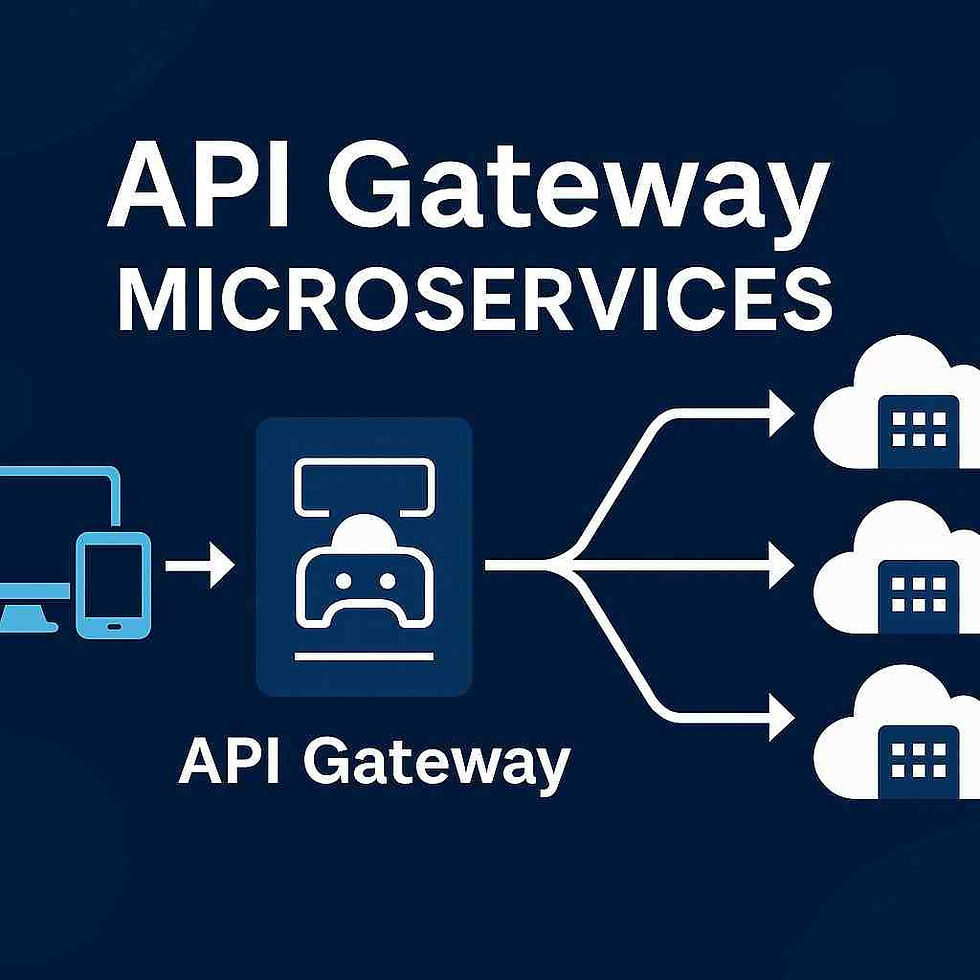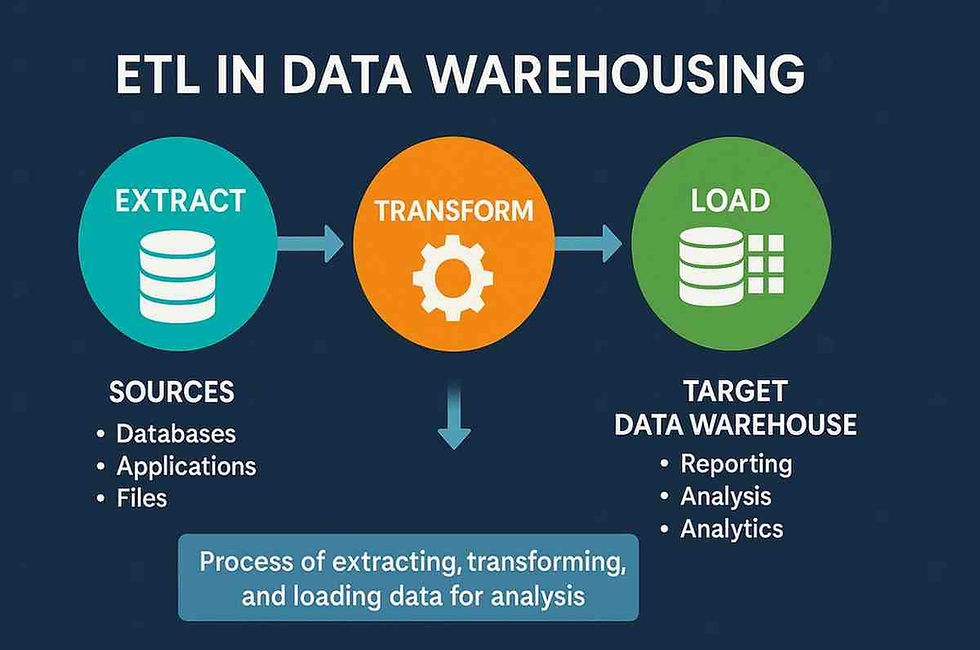Mastering Regression Testing in DevOps: A Complete Guide
- Gunashree RS
- Dec 13, 2024
- 5 min read
Introduction
In the fast-paced world of software development, DevOps has revolutionized how teams build, test, and deliver software. Regression testing is a critical component of this ecosystem, ensuring that new changes do not disrupt existing functionality. By integrating regression testing into DevOps workflows, organizations can maintain software quality while accelerating delivery timelines.
This article explores the concept of regression testing in DevOps, its importance, tools, best practices, and actionable strategies for implementation. Whether you're a software engineer, QA specialist, or DevOps professional, this guide will equip you with the knowledge needed to master regression testing.
What is Regression Testing in DevOps?
Regression testing is the process of verifying that recent changes or updates in the software—such as bug fixes, feature additions, or code refactoring—do not adversely affect existing functionality.
In the DevOps environment, where continuous integration (CI) and continuous delivery (CD) pipelines are the norm, regression testing ensures that new builds are reliable and defect-free before deployment.
Key Objectives of Regression Testing
Validate software stability after updates.
Detect and fix bugs introduced by changes.
Maintain seamless user experience.

The Role of Regression Testing in DevOps
Regression testing is essential in DevOps as it aligns with the CI/CD pipeline's emphasis on speed and quality.
1. Ensuring Continuous Quality
DevOps emphasizes delivering high-quality software quickly.
Regression testing helps catch errors early in the pipeline, reducing costly production issues.
2. Supporting Continuous Integration
CI involves merging code changes frequently into a shared repository.
Automated regression tests run after each integration to verify compatibility and functionality.
3. Enabling Rapid Deployment
In CD, regression testing ensures that each release candidate is stable.
This prevents rollbacks and customer dissatisfaction.
Types of Regression Testing in DevOps
1. Unit Regression Testing
Focuses on testing individual components.
Isolates and evaluates specific units of code.
2. Partial Regression Testing
Verifies the impact of new changes on connected modules.
Ensures that integrated components work seamlessly.
3. Complete Regression Testing
Comprehensive testing of the entire application.
Typically performed before major releases.
Benefits of Regression Testing in DevOps
1. Improved Software Quality
Regression testing prevents new changes from introducing defects, ensuring consistent quality across builds.
2. Faster Time-to-Market
By automating regression tests, organizations can accelerate testing cycles and deliver updates faster.
3. Cost Savings
Detecting issues early reduces the cost of fixing bugs, especially in production.
4. Enhanced User Experience
Stable software leads to satisfied users and fewer disruptions.
Challenges in Regression Testing for DevOps
1. Managing Test Suite Size
Over time, the test suite can grow, increasing execution time.
Solution: Prioritize tests based on impact and criticality.
2. Handling Frequent Code Changes
Continuous updates can disrupt test stability.
Solution: Use modular test design to isolate dependencies.
3. Resource Constraints
Limited time and resources for comprehensive testing.
Solution: Automate regression testing and leverage cloud-based infrastructure.
Regression Testing Tools for DevOps
1. Selenium
An open-source tool for browser automation and UI testing, ideal for regression testing web applications.
2. Jenkins
A CI/CD tool that integrates seamlessly with testing frameworks to automate regression tests.
3. TestNG
A testing framework that supports parallel test execution and is compatible with CI pipelines.
4. JUnit
A widely used framework for unit testing in Java applications, with built-in support for regression testing.
5. Apache JMeter
Useful for regression testing performance and load-related aspects of applications.
6. Appium
A powerful tool for regression testing mobile applications across various platforms.
7. Devzery
Devzery is an AI-powered regression testing tool that integrates seamlessly with CI/CD pipelines to automate and enhance testing workflows.
Best Practices for Regression Testing in DevOps
1. Automate Where Possible
Automation saves time and ensures consistency in test execution.
Use tools like Selenium, Jenkins, or TestNG for automation.
2. Prioritize Test Cases
Focus on high-risk areas and critical functionalities.
Update test cases regularly to align with code changes.
3. Integrate Testing with CI/CD Pipelines
Ensure regression tests run automatically after each code commit.
Use version control triggers to initiate testing.
4. Maintain a Stable Test Environment
Use containerization tools like Docker to create consistent environments.
5. Monitor and Optimize Test Coverage
Regularly review the test suite to remove redundant tests and improve efficiency.
Regression Testing Workflow in DevOps
Step 1: Identify Test Cases
Determine the scope of regression testing based on recent code changes and impacted areas.
Step 2: Prepare the Test Environment
Set up the test environment using virtual machines or containers for consistency.
Step 3: Execute Regression Tests
Run automated or manual regression tests, depending on the need.
Step 4: Analyze Results
Review test results to identify failures and resolve issues promptly.
Step 5: Update Test Suite
Incorporate new test cases to cover recent changes and maintain comprehensive coverage.
How Automation Enhances Regression Testing in DevOps
Automation is the cornerstone of efficient regression testing in DevOps.
Advantages of Automation
Speed: Automates repetitive tasks, reducing time-to-release.
Accuracy: Minimizes human error in test execution.
Scalability: Handles large test suites efficiently.
Popular Automation Frameworks
Selenium WebDriver: For cross-browser UI testing.
Cypress: For front-end testing with faster execution.
Robot Framework: For keyword-driven test automation.
FAQs
1. What is regression testing in simple terms?
Regression testing verifies that recent changes in the software do not negatively affect existing functionality.
2. Why is regression testing important in DevOps?
It ensures software stability, supports continuous integration, and reduces the risk of deploying faulty updates.
3. Can regression testing be fully automated?
Yes, with the right tools and frameworks, most regression tests can be automated for efficiency and consistency.
4. How does regression testing differ from retesting?
Retesting focuses on verifying fixed defects, while regression testing checks for unintended impacts of new changes.
5. What are the best tools for regression testing in DevOps?
Popular tools include Selenium, Jenkins, TestNG, JUnit, and Appium.
6. How often should regression testing be conducted?
Regression testing should be conducted after every significant code change or build in the CI/CD pipeline.
7. What challenges are common in regression testing?
Challenges include managing large test suites, handling frequent code changes, and resource limitations.
8. How can I optimize regression testing in DevOps?
Prioritize test cases, automate tests, integrate with CI/CD, and maintain an updated test suite.
Conclusion
Regression testing in DevOps is a critical practice for maintaining software quality in an environment that prioritizes speed and agility. By integrating regression testing into CI/CD pipelines, teams can confidently deliver robust and stable applications. Through the use of automation tools and best practices, organizations can overcome challenges and achieve a seamless testing workflow.
Key Takeaways
Regression testing ensures software stability post-updates.
Automation significantly enhances testing efficiency and accuracy.
Tools like Selenium and Jenkins are vital for effective regression testing.
Best practices include test prioritization, automation, and CI/CD integration.
Regularly updating and optimizing the test suite is crucial.




Comments